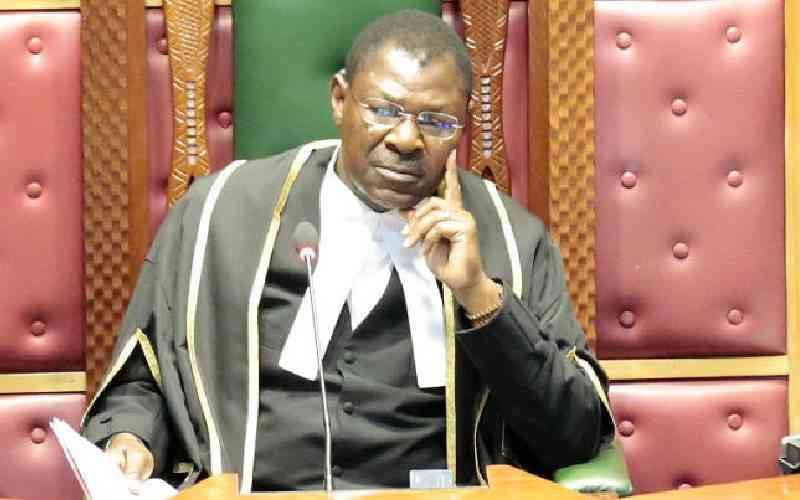×
The Standard e-Paper
Smart Minds Choose Us

The National Assembly has adopted the report of the National Dialogue Committee, which proposed a raft of constitutional, legal, and policy reforms.
On Thursday, February 22, Speaker Moses Wetangula directed the members to forward any draft bills arising from the report to the Clerk of the National Assembly for consideration.